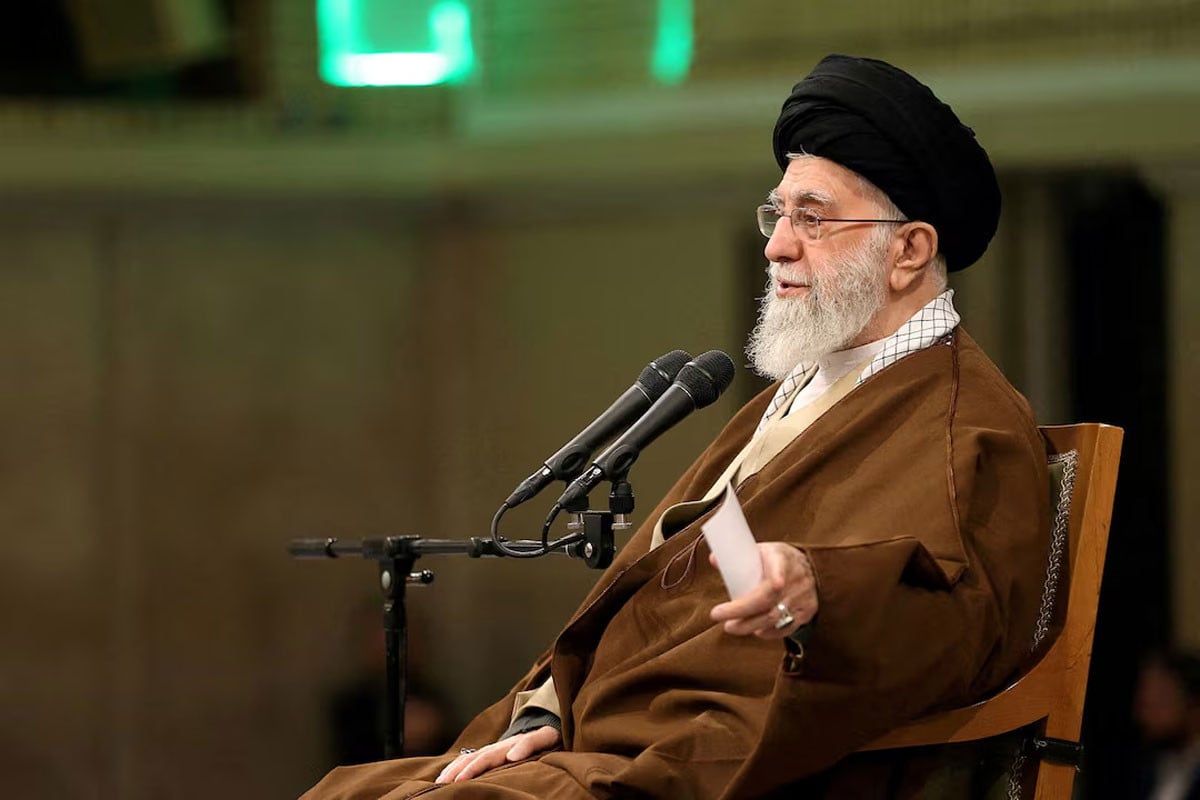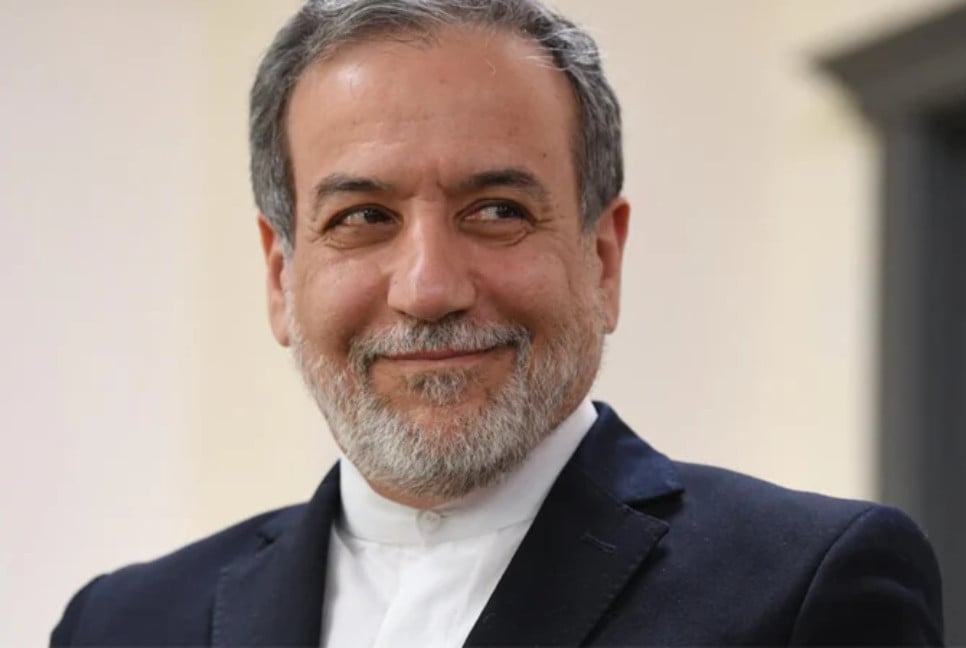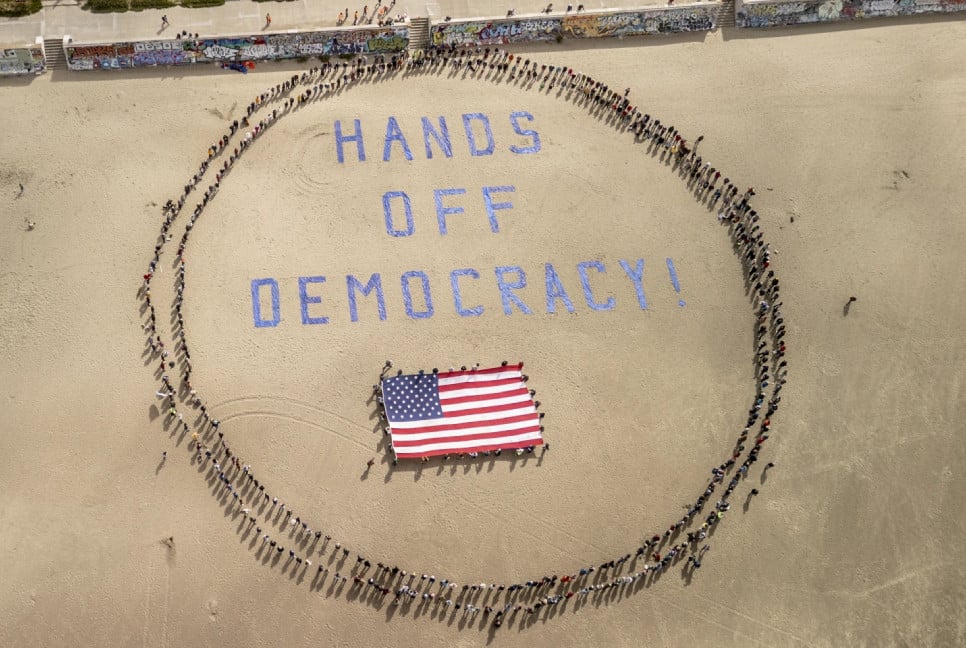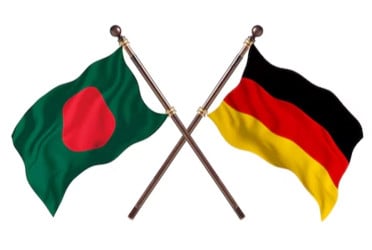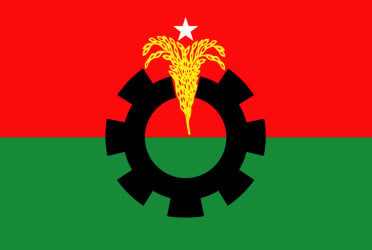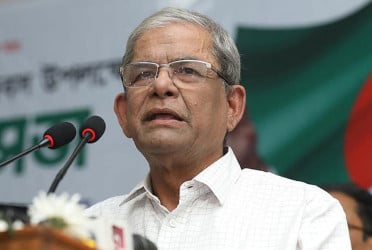The world is set to welcome the New Year as 2025 is around the corner, waving goodbye to the 2024.
The day is being observed globally on January, 1, it represents the start of a new calendar year but also provides an opportunity to set new goals and welcome new beginnings, allowing people to reflect on the previous year while looking forward to new experiences and opportunities.
From igniting fireworks to preparing special dinners, people all around the world celebrate the New Year in many ways, fostering a sense of togetherness and shared delight.
This time, the New Year will be observed on Wednesday, January 1, 2025, with many beginning the celebrations a day before December 31st, 2024, as New Year’s Eve.
Do you know why people do celebrate and make the night special? Let’s share a bit of history of New Year.
History and significance
Historians have divided into groups over the tradition of New Year celebration’s history.
A group of historians opines that the New Year’s roots can be traced back to ancient Rome, during 45 BCE, when Emperor Julius Caesar in 46 BCE established the Julian calendar.
Over time, this date became widely accepted as the start of the year across various cultures due to the influence of the Roman Empire and later the adoption of the Gregorian calendar.
Janus is often depicted with two faces. This visualization symbolizes his one face looking at the past, while the other looks at the future.
The other group of historians opines that the tradition of celebrating New Year dates back thousands of years.
The first recorded New Year’s celebrations were in Babylon, around 4,000 years ago. The Roman King Numa Pompilius declared January as the first month of the year during his reign (715-673 BCE). Later, Julius Caesar made further changes, keeping January 1 as New Year’s Day in the Julian calendar.
However, the Romans were not the first race to celebrate the New Year; the celebration can be looked back to ancient Babylon, where natives celebrated the New Year in March, at a time that symbolized renewal and rebirth.
In medieval England, March 25 was considered the New Year until the Gregorian calendar was adopted in 1752. Many non-Christian countries, like China, adopted the Gregorian calendar but also continue celebrating their traditional New Year. Ethiopia, for example, celebrates its New Year, called Enkutatash, in September.
The New Year marks the advent of fresh beginnings, leaving behind the challenges of the past. For many people across the globe, this is a time to celebrate the year that passed while making goals for the future.
(With inputs from various media)
Bd-Pratidin English/ AM






